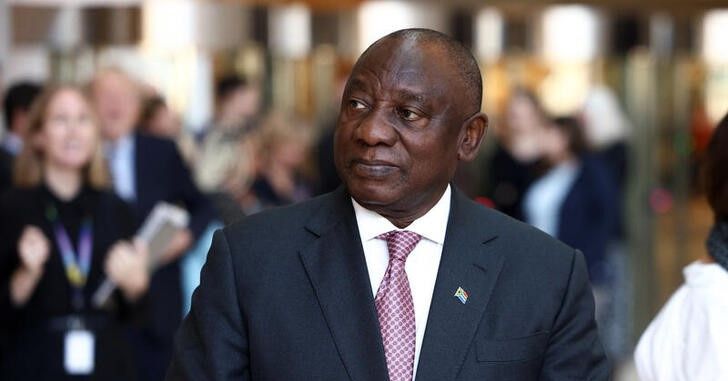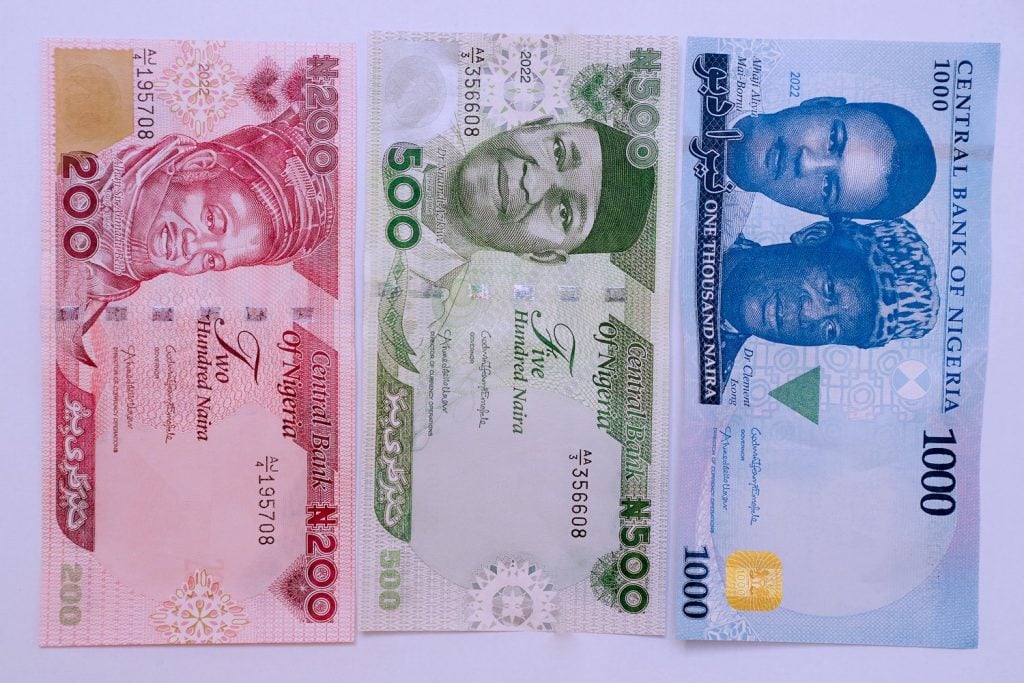Etihad Credit Insurance, the UAE’s export credit agency, has signed a partnership with African Trade Insurance Agency (ATI) to boost non-oil trade and investments between the UAE and Africa.
The entities signed a reciprocal reinsurance agreement that aims to provide trade credit insurance and trade finance solutions to businesses in both markets.
This was disclosed by both entities in a statement issued on Wednesday.
They intend to support joint ventures in their respective countries as well as their collaborative initiatives in other countries by sharing risks enabling businesses to grow trade globally.
“This collaboration will provide UAE exporters real confidence to access the African region’s diverse markets and resources with state-backed guarantees and safeguards against commercial and political uncertainties,” ECI chief executive Massimo Falcioni said.
The UAE became the fourth-biggest investor in Africa last year by investing in 71 different projects worth $5.64 billion, according to research consultancy Knight Frank.
The value of non-oil trade between the Emirates and Africa reached $40.7bn in the first nine months of 2020, compared to $36.9bn in the same period in 2019.
The value of non-oil trade between the two amounted to $50bn in 2019, compared to $33bn in 2015, according to state news agency Wam.
The UAE, particularly, seeks to capitalize on many high-growth sectors in Africa, including tourism, infrastructure, energy, transport, logistics and IT.
“This deal with ECI is a major step to strengthen our commitment to providing risk solutions to businesses, investors and commercial lenders interested in doing business in the UAE and Africa,” the Chief Executive of ATI, Manuel Moses said.
“Deepening our ongoing partnership, this reinsurance agreement will pave the way [for] unparalleled trading opportunities for businesses to improve their regional and global competitiveness.”
The agreement builds on a pact signed in March last year to enhance the global competitiveness of exporters by improving their awareness of export credit and trade finance and encouraging them to use risk mitigation against commercial and political threats.


